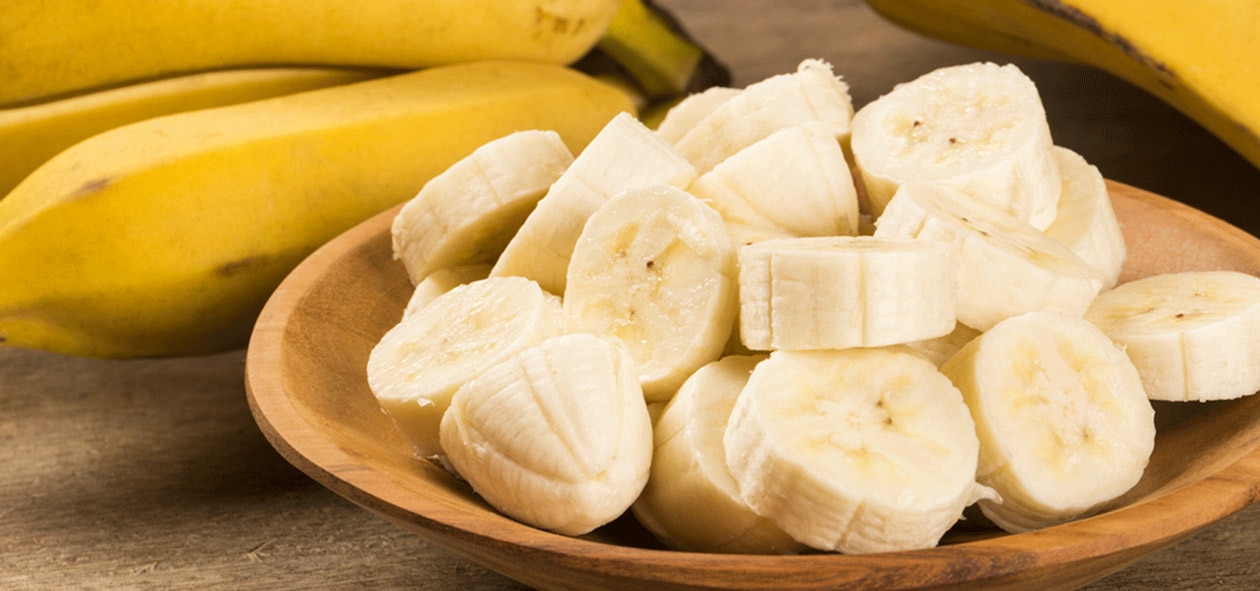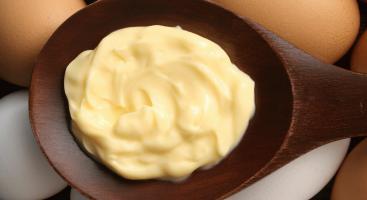Bananas, sugar and starch
Sugars are part of our everyday lives and are our main source of energy. Sometimes referred to as carbohydrates, they can either be simple or complex, such as the starch contained in bananas.
Simple sugars such as grape sugar (glucose), fruit sugar (fructose) and table sugar (sucrose) are made up of one or two molecules. More complex sugars include corn starch, which contains several hundred glucose molecules, and the starch found in potatoes and different types of bananas.
Starch is therefore a complex sugar. It is very important in the production of energy in the human body, which utilises it in several ways. The digestive enzymes in the intestines are much more active in the absorption of complex sugars. The body’s slow absorption of these carbohydrates limits the amount of sugar that is converted and stored as fat.
A banana’s biochemical composition and nutritional value are comparable with those of a potato. However, the carbohydrates of a ripe banana are better assimilated than the starch in potatoes, which makes this fruit particularly interesting.
In a green plantain, starch represents 80% of the dry weight of the pulp, while sugars represent around 1.3%. In ripe fruit, the proportion of sugar rises to 17%. During the ripening process, the starch in bananas is transformed into sugars. The process is visible through the yellowing of the skin.
Cooking bananas and dessert bananas also differ in terms of their water content. A cooking banana contains around 65% water and a dessert banana around 85%. The process by which starch is transformed into sugars is faster in fruit with a higher water content. Starch is therefore transformed into sugars more quickly in the dessert banana than in the plantain.









